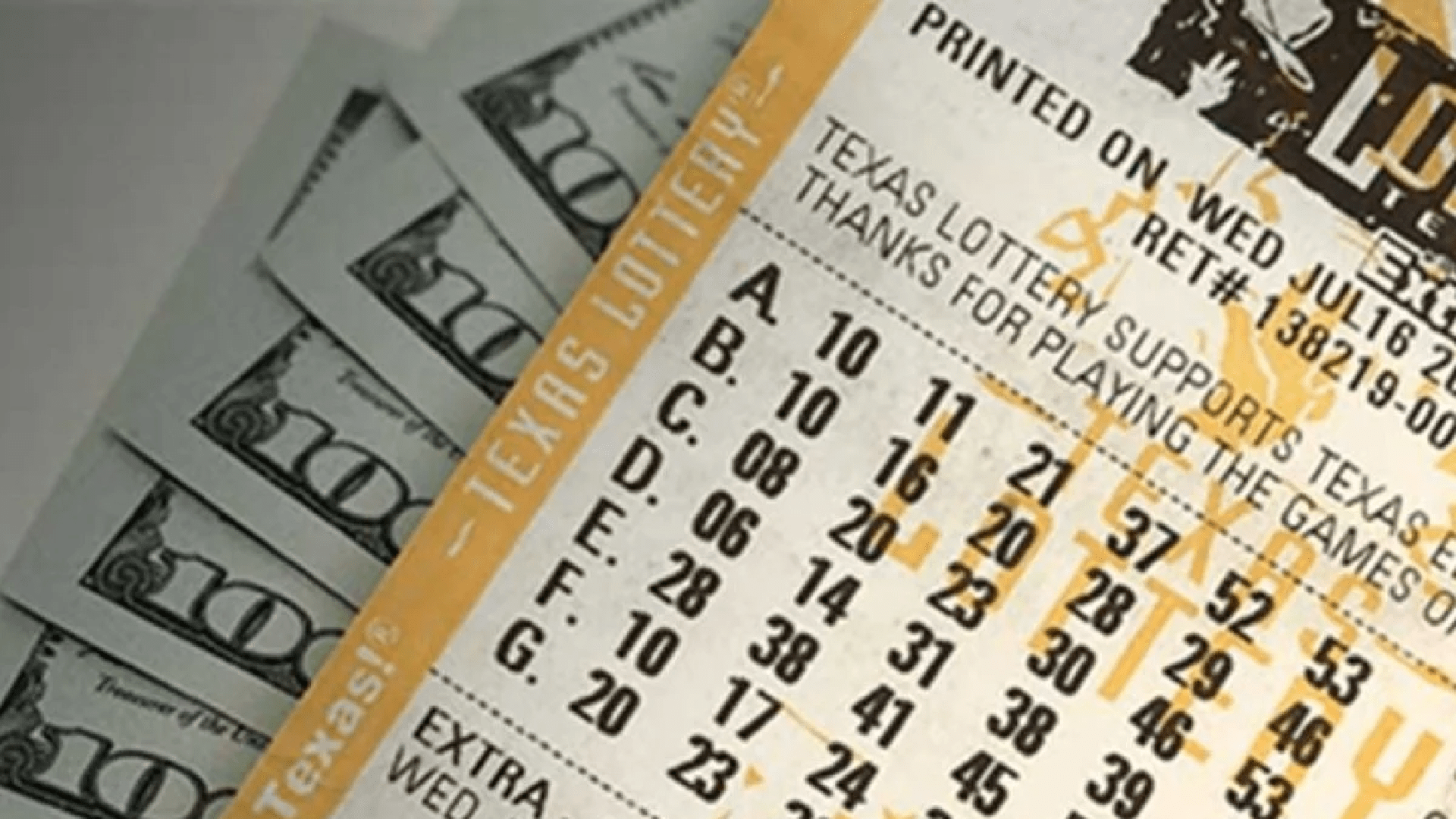
Texas Lottery Winner Sues Over Alleged $95M Jackpot ‘Rigged’ by European Syndicate
A man from Fort Worth, Texas, who won a $7.5 million lottery jackpot in May 2023, alleges that he was cheated out of a $100 million payout due to manipulation by a mysterious European gambling syndicate.
The week after the syndicate purchased 25.8 million tickets for the April 22, 2023 draw at $1 each, Jerry Reed struck it rich. This enabled the syndicate to encompass all potential combinations, ensuring it was at least assured of sharing the $95 million jackpot along with most of the secondary prizes too.
Reed alleges in a recent lawsuit submitted to the Travis County Court in Austin that the syndicate participated in an “unlawful money laundering and game-fixing operation.” If this had not happened, the jackpot would have rolled over because there were no other winners, meaning Reed would have received $102.5 million rather than $7.5 million.
Colossus Bets, Couriers Charged
The lawsuit identifies RookTX, a Delaware-registered shell corporation created to secure the winnings, along with Colossus Bets, a London-based parimutuel wagering platform that has been accused of possibly funding the endeavor.
The lawsuit additionally identifies four companies involved in lottery courier and retail — Lottery.com, Lottery Now, Inc., ALTX Management, LLC, and Qawi and Quddus, Inc. — that aided the syndicate’s large purchase.
Although the syndicate's activities undeniably ruined the lottery experience for regular Texans that week, the rules do not prohibit purchasing all possible number combinations.
Maybe that’s due to the absence of necessity before. Prior to the introduction of lottery couriers, it would have been unfeasible.
‘Fake QR Codes’
Players can buy their tickets via an app provided by couriers. The company fulfills the order by obtaining tickets from an authorized land-based lottery vendor, which the courier scans before returning to the customer.
Since couriers handle a large number of tickets, they utilize authorized retailers that are specifically designed with several lottery terminals to manage bulk requests. The couriers might also possess these outlets themselves.
Reed’s lawsuit asserts that the retailers “employed specially designed software, installed on smartphones, to create a network of fake QR codes that deceived the state-sanctioned Texas Lottery terminals into identifying the codes as though they were produced by the Texas Lottery Commission’s official mobile app.”
Reed asserts that the defendants violated Texas law by “deliberately or knowingly claiming a lottery prize or portion of a prize through fraud, deception, or false representation.”
He is pursuing the “recovery of money that was fraudulently and unlawfully acquired” by the defendants.












